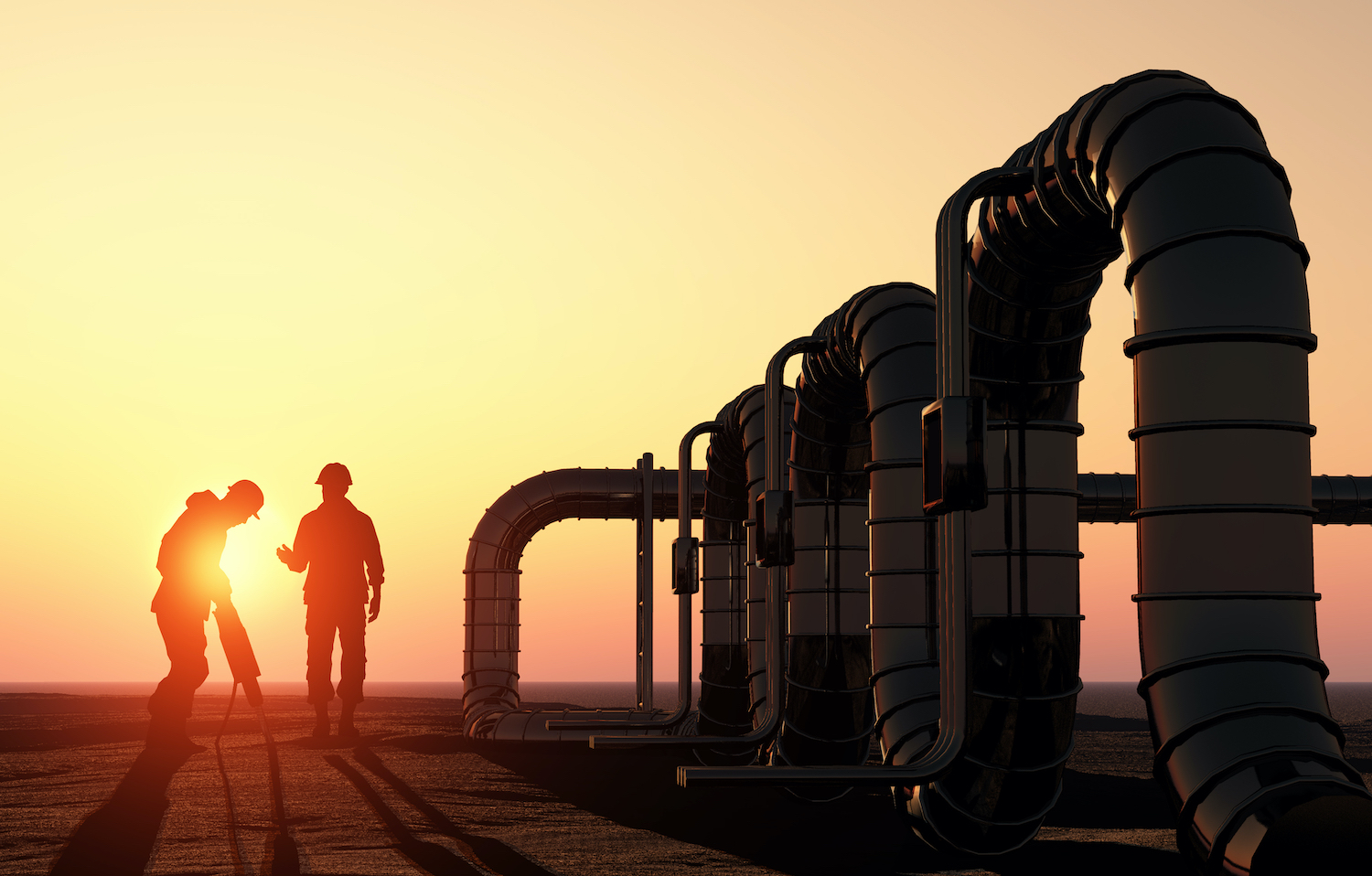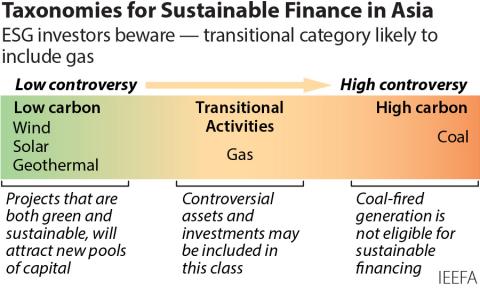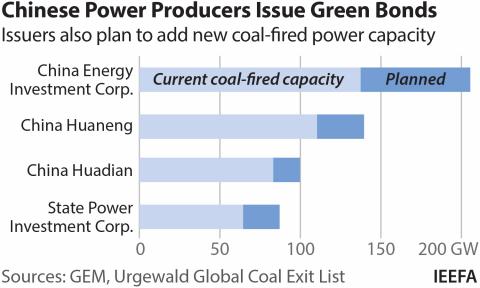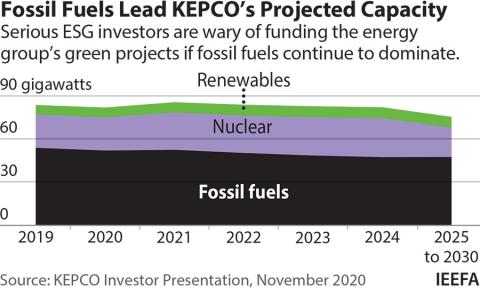Labelling nuclear and gas as “green” or environmentally sustainable poses a risk for investors and communities across Europe

Key Takeaways:
The inclusion of gas is problematic, even more so during a gas price crisis, because it sends the signal that continued investment in this technology is the way to go.
The EU Parliament’s decision sets a dangerous precedent and shows how politicians in Europe are held hostage by the vested interests of the incumbent gas and nuclear industries.
6 July 2022 (IEEFA London): Today, the European Parliament has rejected a motion to oppose the inclusion of nuclear and gas as environmentally sustainable economic activities covered by the so-called EU Taxonomy.
The Institute for Energy Economics and Financial Analysis (IEEFA) warns about the risks that labelling nuclear and gas as “green” or environmentally sustainable poses for investors and communities across Europe.
Arjun Flora, Director of Energy Finance Studies, Europe at IEEFA says: “The EU Parliament’s decision to include gas and nuclear in the EU’s list of environmentally sustainable activities sets a dangerous precedent and shows how politicians in Europe are held hostage by the vested interests of the incumbent gas and nuclear industries. It extinguishes any hope that the EU Taxonomy will be a global gold standard or even a meaningful benchmark that investors can look to for guidance.”
The decision fails to protect the European investor community and consumers alike
“The decision fails to protect the European investor community and consumers alike from the financial risks inherent in polluting fossil gas or toxic nuclear projects. The EU will now be more vulnerable to greenwashing and the proliferation of expensive stranded LNG terminals, pipelines and nuclear waste – costs which will ultimately be borne by taxpayers for generations to come.”
Ana Maria Jaller-Makarewicz, Energy Analyst, IEEFA, says: “The inclusion of gas in the list of environmentally sustainable economic activities covered by the EU Taxonomy is problematic, even more so during a gas price crisis, because it sends the signal that continued investment in this technology is the way to go. Right now, we should focus on minimising investment while maximising gas flows. It all starts with assessing existing energy infrastructure and setting out to work together as a bloc.”
We must reduce demand for gas
“We must reduce demand for gas, because higher demand means higher prices. Europe has failed when it comes to planning. We have one of the most integrated gas pipeline networks in the world, and it is a shame that we don’t take full advantage of it.”
Author contact: Arjun Flora ([email protected]) and Ana Maria Jaller-Makarewicz ([email protected])
Media contact: Sofia Russi ([email protected]), +39 349 3229728
About IEEFA: The Institute for Energy Economics and Financial Analysis (IEEFA) examines issues related to energy markets, trends and policies. IEEFA’s mission is to accelerate the transition to a diverse, sustainable and profitable energy economy.
















